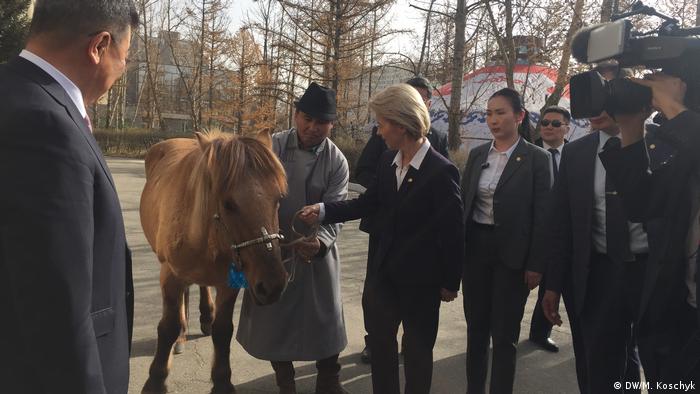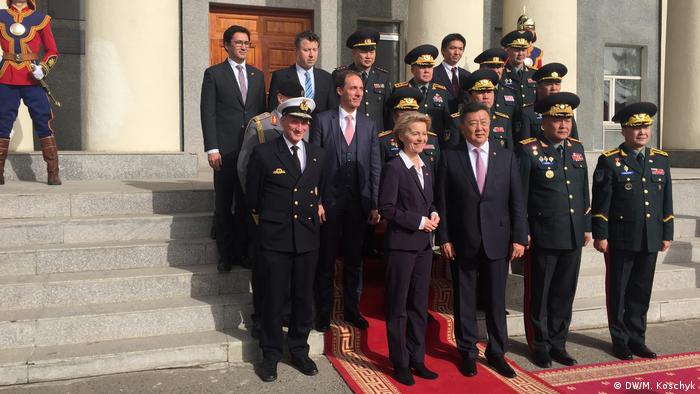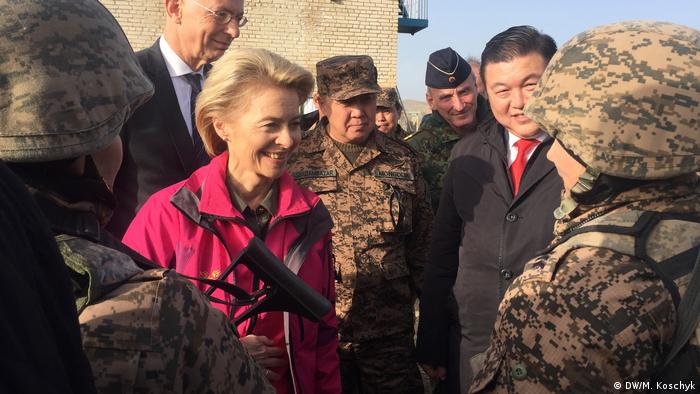A top Japanese intelligence official close to Prime Minister Shinzo Abe had a secret meeting with North Korean counterparts in early October in Mongolia, sources familiar with bilateral ties have said.
The meeting in the Mongolian capital of Ulaanbaatar could be consistent with Abe’s stated desire to arrange a summit with North Korean leader Kim Jong Un after he received assurances about progress on the long-standing issue of abductions of Japanese nationals by Pyongyang in the 1970s and 1980s.
Among major countries dealing with the North Korean nuclear threat, Japan is the only one to have been kept at arm’s length since Kim began a string of diplomatic engagements this year. In addition to holding talks with Chinese, South Korean and U.S. leaders, Kim plans to hold a meeting with Russian President Vladimir Putin by the end of the year.
During a visit to Mongolia from around Oct. 6 to 8, Shigeru Kitamura, who heads the Cabinet Intelligence and Research Office, met with North Korean officials including a senior figure from the United Front Department of the Workers’ Party of Korea, sources said Thursday.
The department is an intelligence organ mainly focused on South Korean affairs.
Confirming that the meeting took place, a senior Japanese government official said, “I heard they discussed how the abduction issue should be solved between Japan and North Korea.”
It is believed that the contact between intelligence authorities representing Tokyo and Pyongyang is the first of its type in about three months.
Kitamura previously met with Kim Song Hye, head of the United Front Department’s tactical office, in Vietnam in mid-July.
The latest revelation sheds light on Abe’s increased reliance on behind-the-scenes communications with North Korea, using intelligence authorities rather than the Foreign Ministry.
His approach seems to echo that of U.S. President Donald Trump, who mainly employed the Central Intelligence Agency to set the stage for his first summit with the North Korean leader in Singapore in June.
Japan has sounded out North Korea about Tokyo’s plan to open a liaison office in Pyongyang in the hope of resolving the abduction issue, sources said earlier this month.
The proposed opening of a liaison office is based on a bilateral agreement reached in 2014 in Stockholm that included provisions for Japanese officials to stay in North Korea to check the progress of Pyongyang’s probe into the abduction issue.
Japan officially lists 17 nationals as having been abducted by North Korean agents in the 1970s and 1980s but alleges their involvement in many more disappearances. Five of the 17 were repatriated in 2002.
It has been learned that Pyongyang reversed an earlier claim, unofficially telling Tokyo that one of the 17 abductees, Minoru Tanaka, had actually entered North Korea.
Kitamura, a former head of the National Police Agency’s intelligence department, might have discussed during the October meeting how to confirm the whereabouts of Tanaka and other abductees.
The Japanese government had not disclosed the information about Tanaka entering North Korea or the recent meeting in Mongolia.
Kitamura, seen as a trusted confidant of Abe, gathers and analyses information on both domestic and international affairs and reports to the prime minister, who has said that North Korea’s nuclear, missile and abduction issues should be resolved together.
The United Front Department is headed by Kim Yong Chol, a vice chairman of the ruling party who is a close aide to the North Korean leader. Kim Yong Chol visited the United States in May as the country’s highest-ranking official to do so in nearly two decades.
Abe is scheduled to visit China for three days from Oct. 25 and will hold a meeting with Chinese President Xi Jinping on Oct. 26 in Beijing. The topic of North Korea is likely to be on the table.
Last month Abe met with Trump in New York, where they had “constructive” talks on North Korea, according to Abe.
Source:Japan Times and Kyodo news agency










